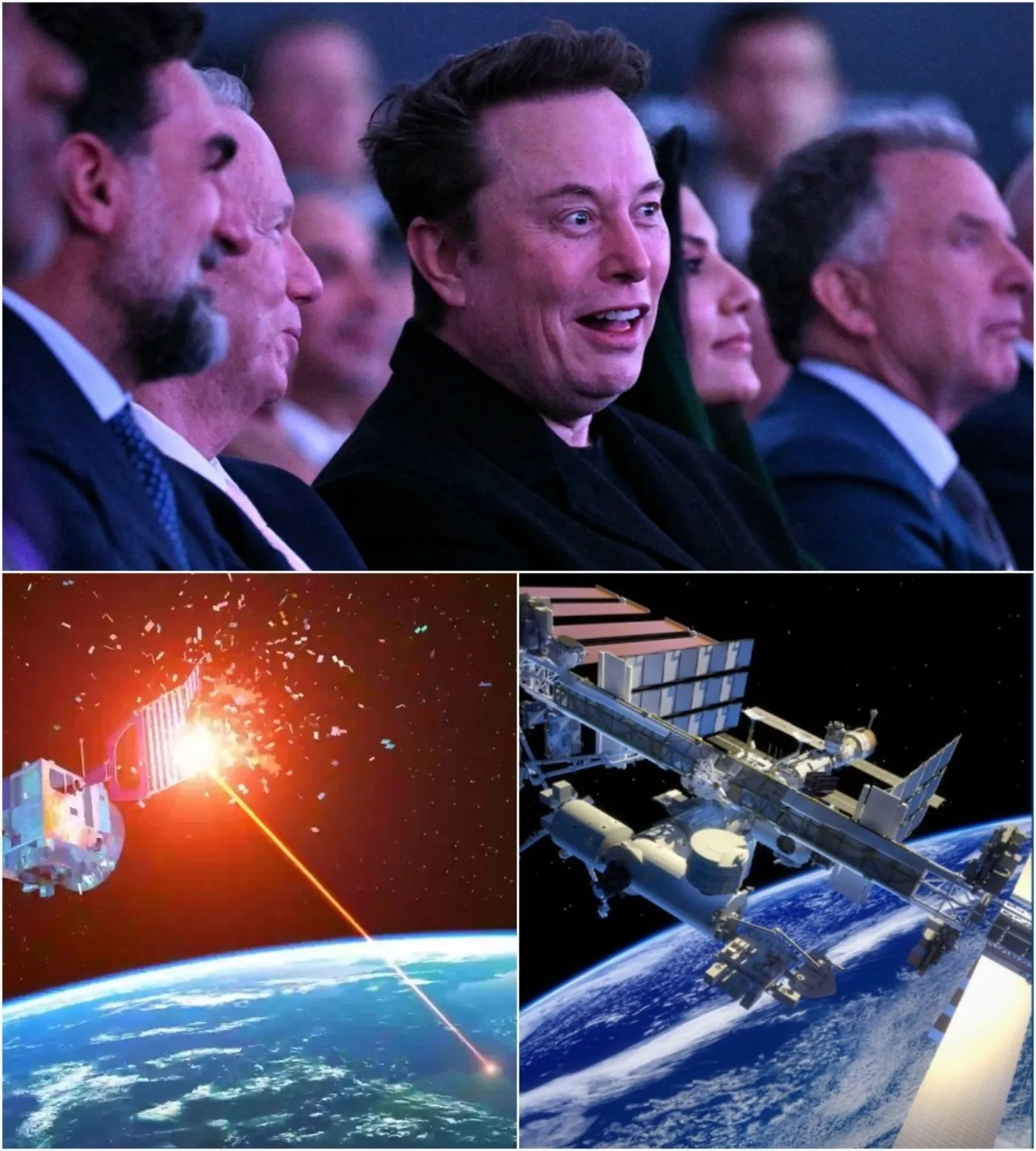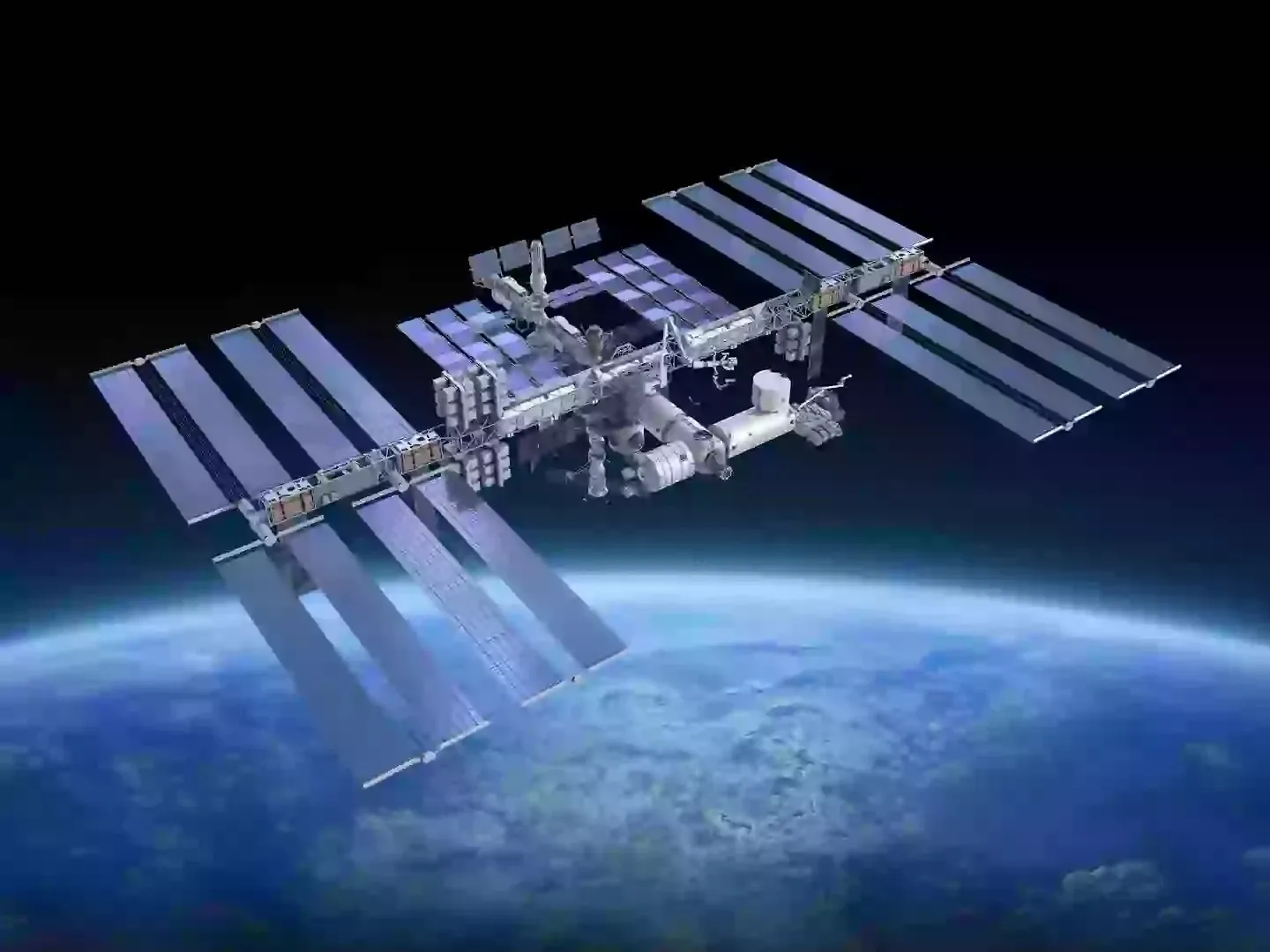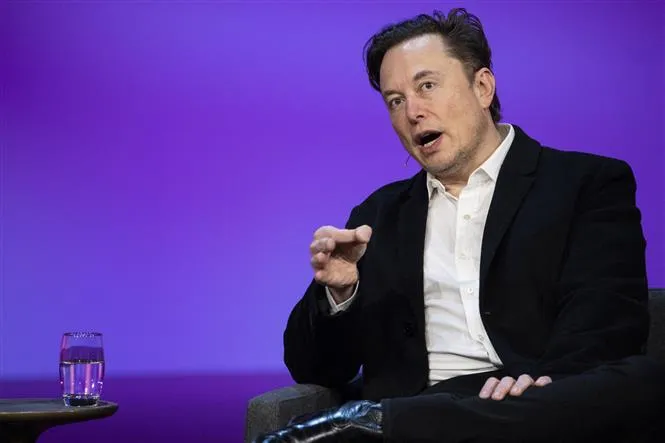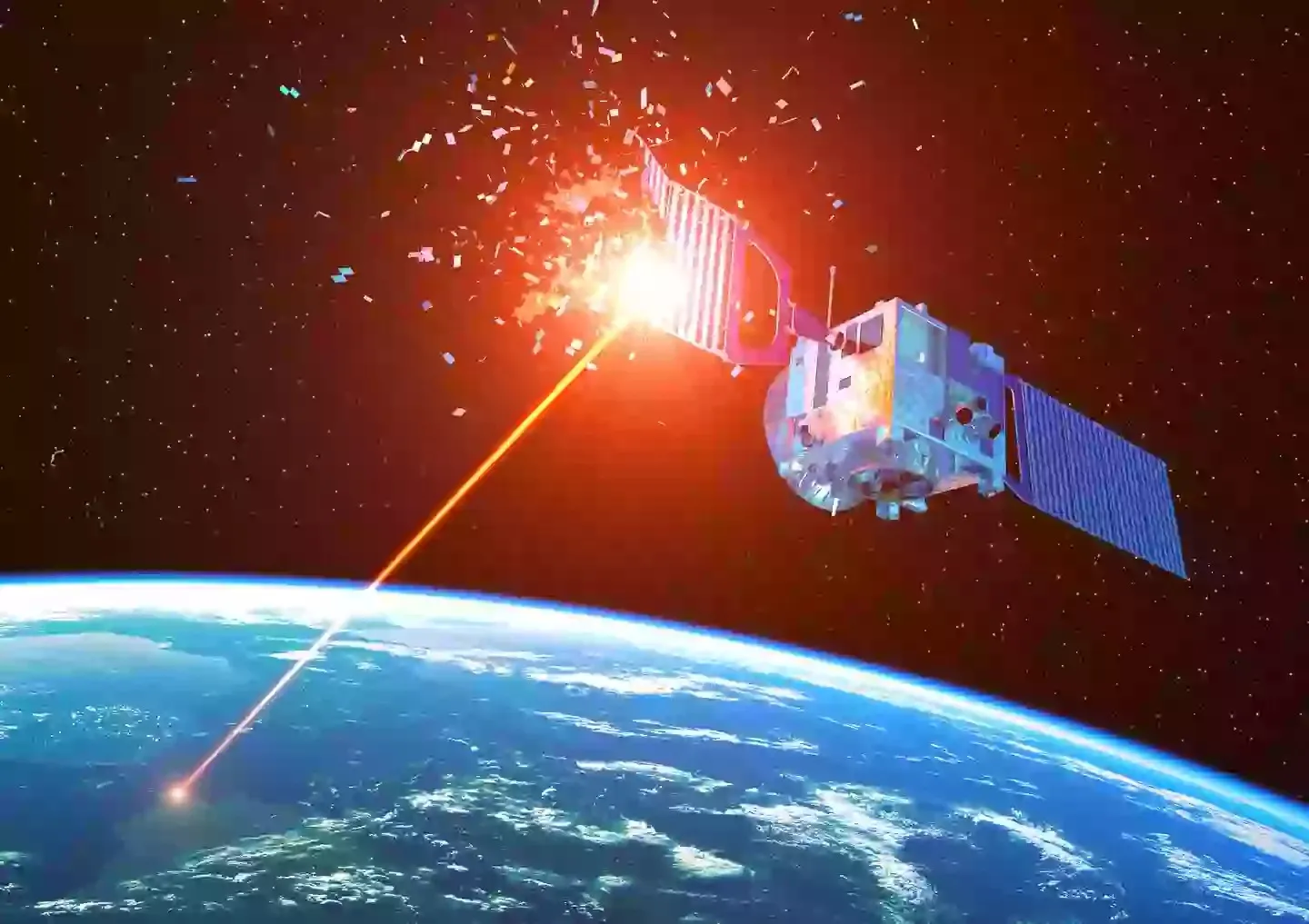In a shocking and controversial move, billionaire entrepreneur Elon Musk has announced a $1 billion plan to destroy the International Space Station (ISS), declaring, “It’s time for it to go.” The audacious proposal, revealed during a live-streamed event from SpaceX headquarters in Hawthorne, California, has sparked outrage among the global scientific community, space agencies, and even some of Musk’s most ardent supporters. The plan, which Musk claims is a necessary step to “revolutionize space exploration,” has reignited debates about the future of space collaboration and Musk’s growing influence in the industry.

The ISS, a symbol of international cooperation since its launch in 1998, has been a cornerstone of space research for over two decades. Orbiting Earth at an altitude of approximately 400 kilometers, the station has hosted astronauts from 19 countries, conducted thousands of scientific experiments, and served as a testing ground for technologies critical to long-term space travel. However, Musk argues that the ISS, now 27 years old, is outdated and a financial burden. “The ISS was a great achievement for its time, but it’s holding us back,” Musk said during the event. “It costs $4 billion a year to maintain, and that money could be better spent on building a lunar base or sending humans to Mars. It’s time for it to go.”
Musk’s $1 billion plan involves using SpaceX’s Starship, the most powerful rocket ever built, to execute a controlled deorbiting of the ISS. The process would see the station deliberately brought down into a remote part of the Pacific Ocean, known as Point Nemo, the farthest point from any landmass. SpaceX would deploy a fleet of Starships to attach to the ISS, gradually lowering its orbit over several months before guiding it to a fiery reentry. Musk claims the operation would be “safe and efficient,” with minimal risk to human life or property. “We’ve already mastered reusable rockets and precision landings,” Musk stated. “We can do this better than anyone else.”

The announcement has drawn sharp criticism from NASA, the European Space Agency (ESA), and Roscosmos, the Russian space agency, all of which are major partners in the ISS program. NASA Administrator Bill Nelson called Musk’s plan “reckless and irresponsible,” emphasizing the station’s ongoing scientific value. “The ISS is still producing groundbreaking research that benefits humanity,” Nelson said in a statement. “To destroy it prematurely would be a devastating loss for global science.” The ESA echoed this sentiment, noting that the ISS is scheduled to operate until at least 2030, with plans for a controlled deorbit already in place involving international cooperation.

Musk’s proposal also comes at a time when his relationship with government agencies is increasingly strained. His role in the Trump administration as head of the Department of Government Efficiency (DOGE) has drawn scrutiny, and SpaceX’s dominance in the space industry—launching over 60% of the world’s satellites in 2024—has raised concerns about monopolistic practices. Critics argue that Musk’s plan to destroy the ISS is less about advancing space exploration and more about consolidating SpaceX’s control over the industry. “Elon wants to clear the way for his own space station projects,” one analyst speculated on X. “This is about power, not progress.”
Public reaction has been equally divided. Some of Musk’s supporters applaud his bold vision, with one user on X writing, “The ISS is a relic—Elon’s right to push for something better!” Others, however, see the plan as a dangerous overreach. “The ISS belongs to the world, not to Elon Musk,” another user posted. “Who gave him the right to decide its fate?” Environmentalists have also raised concerns about the ecological impact of deorbiting such a massive structure, pointing to the potential for debris to pollute the ocean.

Despite the backlash, Musk remains undeterred, doubling down on his vision for the future of space. He teased that SpaceX is already working on a “next-generation space station” that would be “100 times more advanced” than the ISS, though he provided few details. “We’re not just tearing down the old—we’re building the new,” Musk said, his trademark confidence on full display.
As the debate rages on, the fate of the ISS hangs in the balance. Will Musk’s $1 billion plan gain traction, or will international pressure force him to back down? One thing is certain: this controversial proposal has once again placed Elon Musk at the center of a global storm, raising profound questions about the future of space exploration and who gets to decide it.